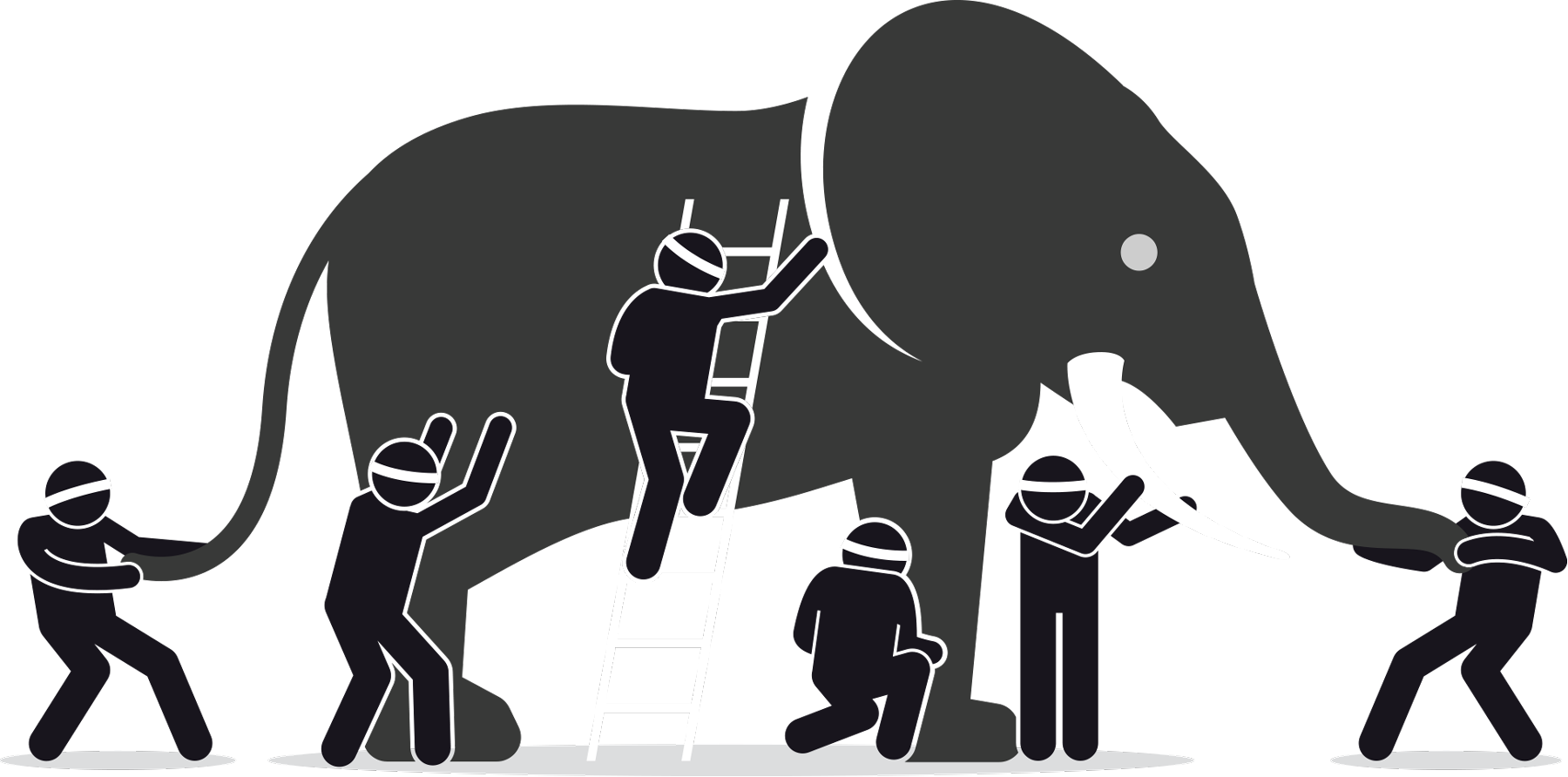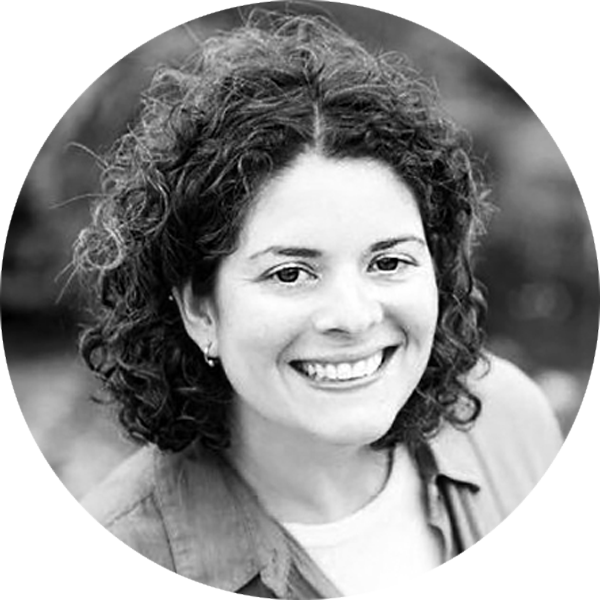
ave you ever realized, in hindsight, you were asked a million-dollar question only to realize your response could have been so much more…effective?
I was recently asked the difference between bias and privilege by a group of individuals at varying levels of leadership in an organization. The setting was an interview panel, and this was not the main topic of our meeting. The ensuing response was a quick elevator-ride definition that felt shallow to me in hindsight due to time constraints. This is a topic requiring much more thought and discussion.
Before we dip into the topic of bias and privilege let’s touch on social justice and how it is surfacing in our lives. The re-emergence of the Black Lives Matter movement makes it a part of our daily thoughts and conversations and creates opportunities to build on our own individual experiences. Self-awareness and gaining a better understanding of our roles in our networks is key.
As we seek to better understand ourselves to engage in social justice and to support movements such as Black Lives Matter, there are critical questions that need to be addressed:
- How do I demonstrate, as a human and as a leader, that I care and am moved to act?
- How can I affect change at a level that is felt and meaningful?
- How do I get started?
Bias is defined as having a strong reaction, either for or against something, be it a group or an idea. It is a tendency to favor false results that align with pre-judgments. Bias is reflected in the stories we have made up about groups or individuals without knowing them. Bias is usually based on limited information and is heavily influenced by our individual experiences based on culture, race, education and socioeconomic status. Bias is generally seen as a feature or attribute that distorts information; therefore, it should be suppressed to limit the potential to treat others poorly.
However, when we become aware of our reactions, including the quick thoughts and feelings that individually arise, there is a higher potential and likelihood that we will exercise choice in our behavior. This choice is the consciousness that limits harm to others.
We know humans gravitate toward others with a similar likeness. That includes educational background, cultural resemblance and proximity. Engaging in unconscious bias training teaches us to examine and acknowledge our feelings concerning a stimulus and is a starting point to identifying bias. With this training, we are more likely to ask ourselves:
- What am I thinking?
- What am I feeling?
- What do I want to do?
Privilege, on the other hand, is the inherent advantage I have in a given situation that separates me from others. Think of privilege as the special advantage we have that creates division. This separation is inherent in belonging to social identity groups that historically have power and influence over others. This advantage is a result of the oppression and suppression of minority groups. This is the act of keeping groups down and inhibiting specific social identity groups from having the same type of access. To understand privilege is to commit to seeing the experiences of people from the other side of our current social construct.
Some types of privilege include race, gender identity, education, class, sexuality, gender, ability and religion. Each of these are nuanced and complex. For example, I am Dominican, a minority group that has stereotypes associated with baseball, violence and ignorance. I have light skin and don’t generally come across as Latinx. I am aware of the privilege I am afforded when I first encounter people professionally and otherwise.
Having privilege is not something to feel bad about nor is it something you can change in yourself. It is, however, an aspect that requires a commitment to acknowledge in which facet of daily life you have the privilege. Being asked my thoughts on bias and privilege in a group of mixed professionals in leadership roles denotes a privilege I experienced at that moment. Being asked is a privilege; privilege is this nuanced.
Similar to bias, privilege is a part of ourselves we have to force into view and discussion. The more frequently we openly discuss these topics in all of their complexity, and the discomfort that is bound to surface, the more we create an atmosphere where solidarity and an alliance grows with people who don’t share the same privilege. It’s an uncomfortable experience, and that’s to be encouraged. Taking ourselves outside our comfort zone is an indication of stretching our boundaries beyond what we have previously known. The experience helps us relate to others who don’t experience the same opportunities. From this connection we can engage in more productive discussions where we critically consider the obstacles others face, catching a perspective of which we were previously unaware.
Let’s take it a step further and take an inventory of the people in your life, both those in your close circles and those in professional relationships.
- Do the people that make up these circles look like you?
- Do they have any major differences?
- Who is your default trusted provider? Is the person nonbinary/male/female?
- How many authentic relationships do you have with people that are different?
Make no mistake, this is purposefully choosing discomfort, and the first time will be awkward. Keep track of each time you intentionally choose to act differently than your biased inclinations or the privilege to which you have access. This develops an awareness of others and the unique personal journey of the self.
There is a lot of data available on this topic, but very little tells us how to apply this information. I am suggesting you start with yourself in a very gentle way. Lead by example and take the courage to have the hard conversations about your discoveries with others. It’s these discoveries that help us identify obstacles and formulate approaches to influence change, be it by writing a blog, making a statement, or creating a new system that acknowledges and works to address differences.
Some of us think this as a discussion that belongs to others, voices more adept at engaging, those with a strong desire to make a difference. Where you begin your social-justice journey is up to you; choose to take that journey. We all have a role to play.

Aldebot offers compelling and interactive workshops drawing on her experience facilitating groups that create opportunities to discuss poignant topics like unconscious bias, workplace equity, and how to create and foster an inclusive culture. Her approach allows attendees to engage in meaningful experiences in a safe space.
Aldebot offers compelling and interactive workshops drawing on her experience facilitating groups that create opportunities to discuss poignant topics like unconscious bias, workplace equity, and how to create and foster an inclusive culture. Her approach allows attendees to engage in meaningful experiences in a safe space.